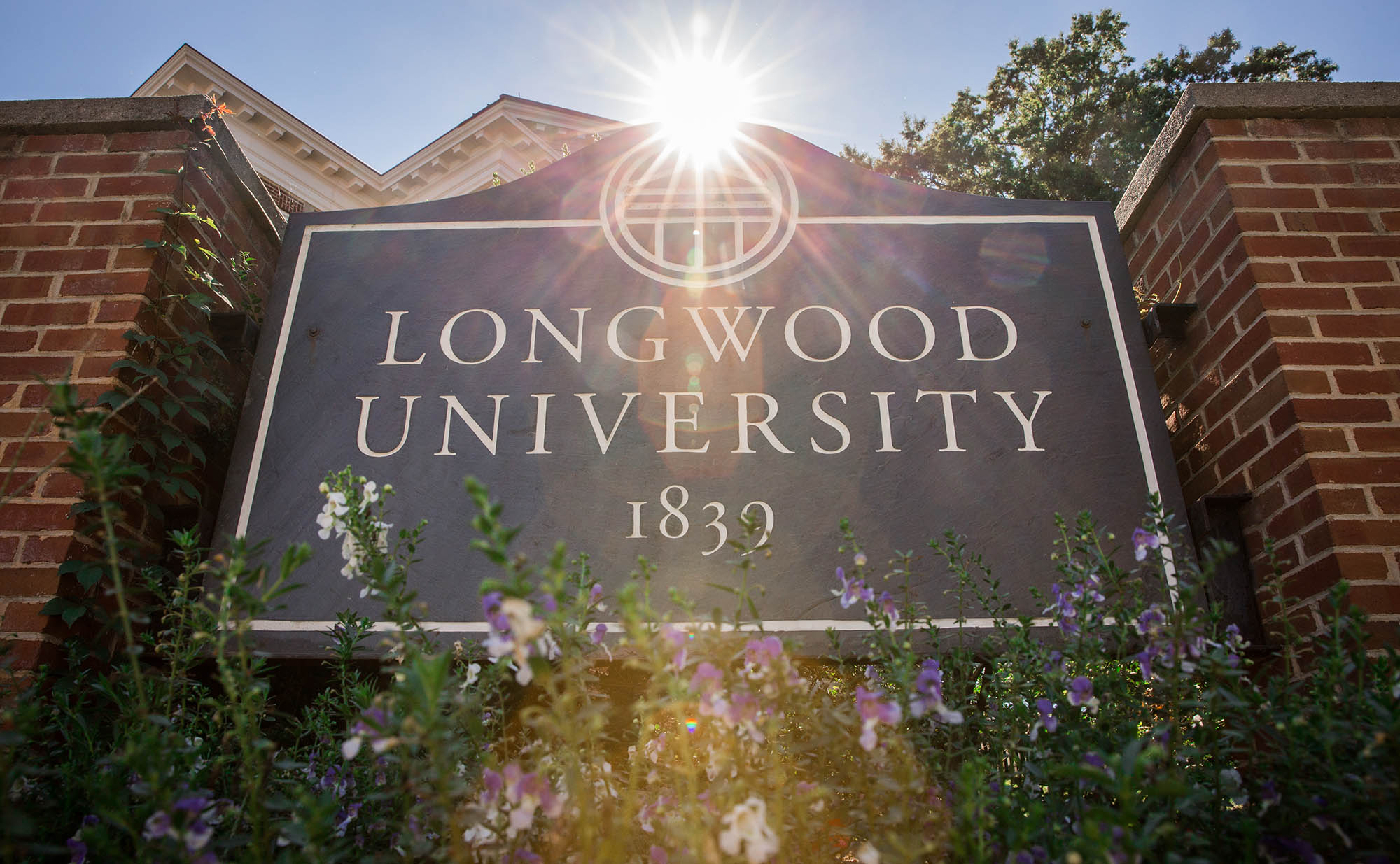
Longwood University is freezing its undergraduate tuition charge next year for all new and returning students, continuing a commitment to being Virginia’s leading public university when it comes to keeping college costs affordable for students and families.
Longwood’s Board of Visitors approved the freeze this past weekend on the university’s current rate for tuition. Tuition is typically the largest portion of a student’s educational charges. Holding the tuition charge to zero increase was made possible by budget discipline at the university and the tuition moderation initiative of the General Assembly and Governor which increases funding statewide for higher education in the recently signed Commonwealth of Virginia budget.
“The storyline nationally has been that the price of college just keeps rising, but we are absolutely determined to do our part to change that,” said Longwood President W. Taylor Reveley IV. “We know that college is among the biggest and most important investments a family can make, and we know how hard many of our families are working and saving to ensure students have an opportunity to attend an institution like Longwood. That’s why we’ve made it such a priority to minimize cost increases and use scholarship support to increase financial aid and decrease what families have to pay. We are grateful to the General Assembly and Gov. Northam for helping us fulfill this commitment to affordability.”
Over the prior five years, Longwood’s average annual tuition and fee increases for students have been the second-lowest of all 15 public four-year universities in Virginia, averaging just 3.3 percent annually for students taking a full credit load – the standard statewide metric.
Meanwhile, Longwood’s financial aid budget continues to increase each year, which goes even further to keeping down the “net price” – what students actually pay to attend Longwood. About 60 percent of Longwood students receive financial aid, including about $18 million annually in scholarships and grants.
In line with recent years, and with other Virginia institutions freezing tuition this year, there will be a small increase in the mandatory comprehensive fee for next year, which covers auxiliary services like student health and recreation. That fee will increase by $180, or 3.3 percent from 2018-19.
Longwood’s Board also endorsed a long-contemplated return to a “by the semester” model, which means that starting next year Longwood students will once again pay a single semester rate, rather than a per-credit charge, when taking between 12 and 18 credits. The change simplifies billing and planning, but more importantly encourages students to take a full credit load, which data show substantially increases the likelihood students will graduate on time.
The per-semester model will bring Longwood into alignment with the large majority of Virginia public universities, including U.Va., William & Mary, Mary Washington, James Madison and Virginia Tech.
This model is considered a national best practice, and Longwood made the decision after both national and Longwood-specific data confirmed students not only graduate much faster when taking a full credit load, but perhaps surprisingly also do substantially better academically. Students taking fewer than 12 credits per semester will still be able to pay by the credit, however. More information, and some of the Longwood data that informed the decision, can be found in this Q&A along with contact info for students and families who may have further questions.
“This change returns us to how Longwood charged tuition up through 2007, and how leading residential institutions like us around the state and country do so now,” said Longwood's Rector Marianne M. Radcliff '92. “For a residential learning community like Longwood, this makes sense. The numbers make a powerful case for both the educational and long-term financial benefits for students and families.”

